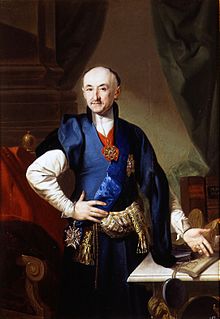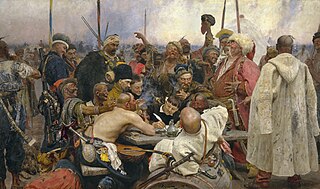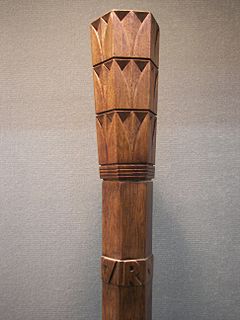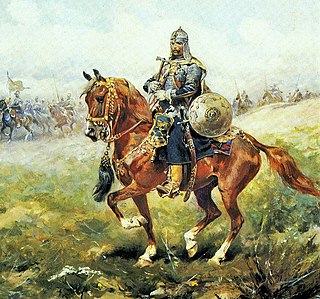 W
WChancellor of Poland was one of the highest officials in the historic Poland. This office functioned from the early Polish kingdom of the 12th century until the end of the Polish–Lithuanian Commonwealth in 1795. A respective office also existed in the Grand Duchy of Lithuania since the 16th century. Today the office of the chancellor has been replaced by that of the Prime Minister.
 W
WCompanion, plural: towarzysze) was a junior cavalry officer or knight-officer in the army of the Polish–Lithuanian Commonwealth from the 16th century until the Commonwealth's demise in 1794.
 W
WHetman is a political title from Central and Eastern Europe, historically assigned to military commanders.
 W
WThe Marshal of the Sejm also known as Sejm Marshal, Chairman of the Sejm or Speaker of the Sejm is the speaker (chair) of the Sejm, the lower house of the Polish parliament. The office traces its origins to the 15th century. In modern Poland, the full title is Marshal of the Sejm of the Republic of Poland.
 W
WThe Chief of State was the title of Poland's head of state in the early years of the Second Polish Republic. This office was held only by Józef Piłsudski, from 1918 to 1922. Until 1919 the title was called the provisional chief of state. After 1922 the Polish head of state became the President of Poland.
 W
WPodskarbi in Poland then in Polish–Lithuanian Commonwealth was minister responsible for the treasury. Since 1569 also a senatorial office. The title although meaning treasurer can be deconstructed as "under[King]-treasury" - treasury as an old-fashioned adjective. One other title was formed in the same way: "podkomorzy" - not meaning vice.
 W
WThe Polish hussars, or Winged hussars, were one of the main types of Polish cavalry in Poland and in the Polish–Lithuanian Commonwealth between the 16th and 18th centuries.
 W
WArmoured companion was a medium-cavalryman in 16th to 18th century Poland, named after their chainmail armor. These units were the second-most-important cavalry in the Polish-Lithuanian army, after the hussars.
 W
WA wojski was an officer in medieval Poland, responsible for the security of voivodeships or districts at times when voivods and castellans had accompanied the szlachta (nobility) to war.